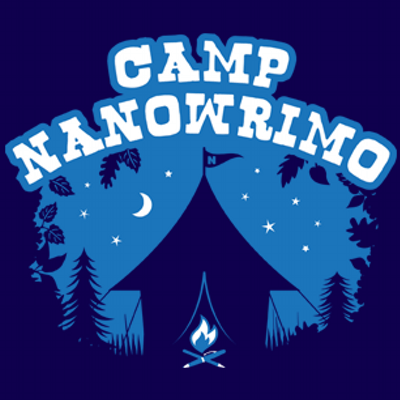 Hello again from the happy hallowed halls of academia! This trip my student and I were discussion the merits of one of my favorite books, Dreyer’s English, by Benjamin Dreyer, Penguin/Random House’s copy chief, when of course, we riffs on other topics, one of them being having your work read aloud…
Hello again from the happy hallowed halls of academia! This trip my student and I were discussion the merits of one of my favorite books, Dreyer’s English, by Benjamin Dreyer, Penguin/Random House’s copy chief, when of course, we riffs on other topics, one of them being having your work read aloud…
As not only a writer but an English/Writing instructor, Dreyer’s English was like a revelation to me. I love reading about the minutiae of language, books that open up prose to all its quirks and working mechanisms, much like a doctor would with a dissection of a body. His writing is easily understandable as well as humorous, and I had several “ah-ha” moments, parts that spoke to me about things I’ve done that or thought about.
One of those such moments that seemed to have hit you too was reading or having read your work aloud. I like to do that with dialogue, to see if the language has a natural flow, it if sound like something someone would actually say. People’s speech also has a rhythm, injecting pauses and emphasis, speak in shortened phrases and use words that wouldn’t be written down. Another perk to reading aloud, one that writers seem to have, is knowing almost instinctively when something just doesn’t “sound right.” I think you alluded to this in your critique that sometimes we don’t know exactly why something sounds wrong, we just know that it is. I suppose it’s a skill we can’t help developing from our constant manipulation of the language. But it doesn’t work with everything.
Such a “lay” and “lie.” I have a Post-it note on the bulletin board next to my desk containing the past, present, and future conjunctions it’s such a handicap for me! But even when we write it correctly, sometimes our listening ear will tell us “that’s not how real people speak.” Who says, “I will have lain in my bed until seven.” If you said that in your dialogue people would assume you’re writing a story about the 19th century!
Almost as jarring is when you first hear other people read your work aloud. There’s no better feeling in the world when you know you’ve nailed it and the reader or readers come away impressed. Conversely, there’s no worse feeling when you hear your own missteps spoken aloud. Either way, it’s enormously helpful to work with what’s called beta readers, to have other eyes on your writing. By the time we get into our third or fourth or however many drafts, we’re so close to the writing it’s hard to see where we still need work. Or also the spots where we need to stop ourselves from further tinkering. Yes, sometimes we DO get it just perfect!
In the end, it’s helpful to have a critique partner, someone we can trust to give us an honest opinion about our work, no holds barred. And it’s also helpful to remember when they are honest with us it’s always about the work and never about us personally.
Take care, and have a great week!
 And I don’t mean the kiddie camp! I mean the one that’s mean for pseudo adults like us! Want to get that novel out from under you bed? Or to whip the one in shape that you’ve been to scared to set on the Query Trail? Or maybe just start with a brand new thang? Then Camp NaNoWriMo is for you! But don’t listen to me. This is from their site:
And I don’t mean the kiddie camp! I mean the one that’s mean for pseudo adults like us! Want to get that novel out from under you bed? Or to whip the one in shape that you’ve been to scared to set on the Query Trail? Or maybe just start with a brand new thang? Then Camp NaNoWriMo is for you! But don’t listen to me. This is from their site:


